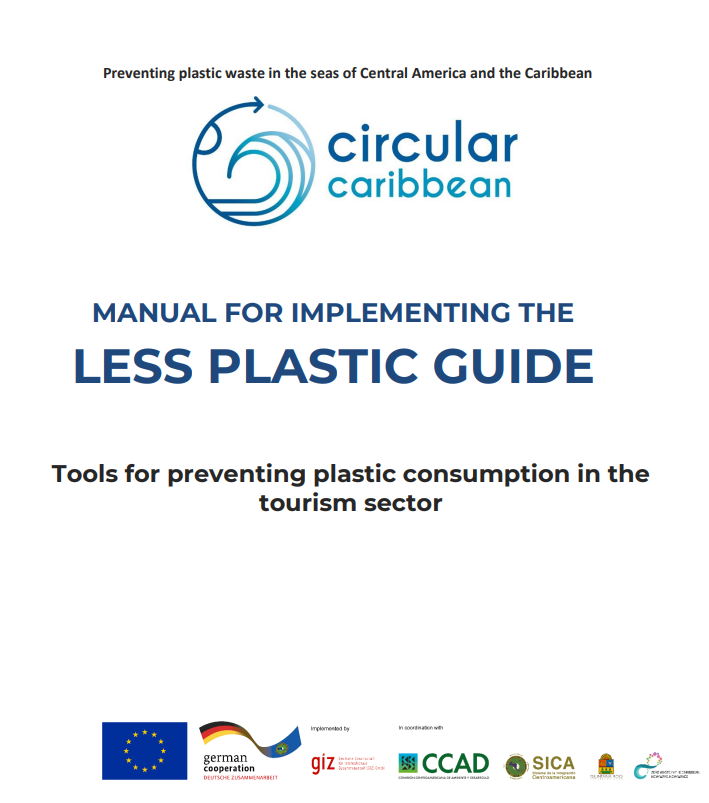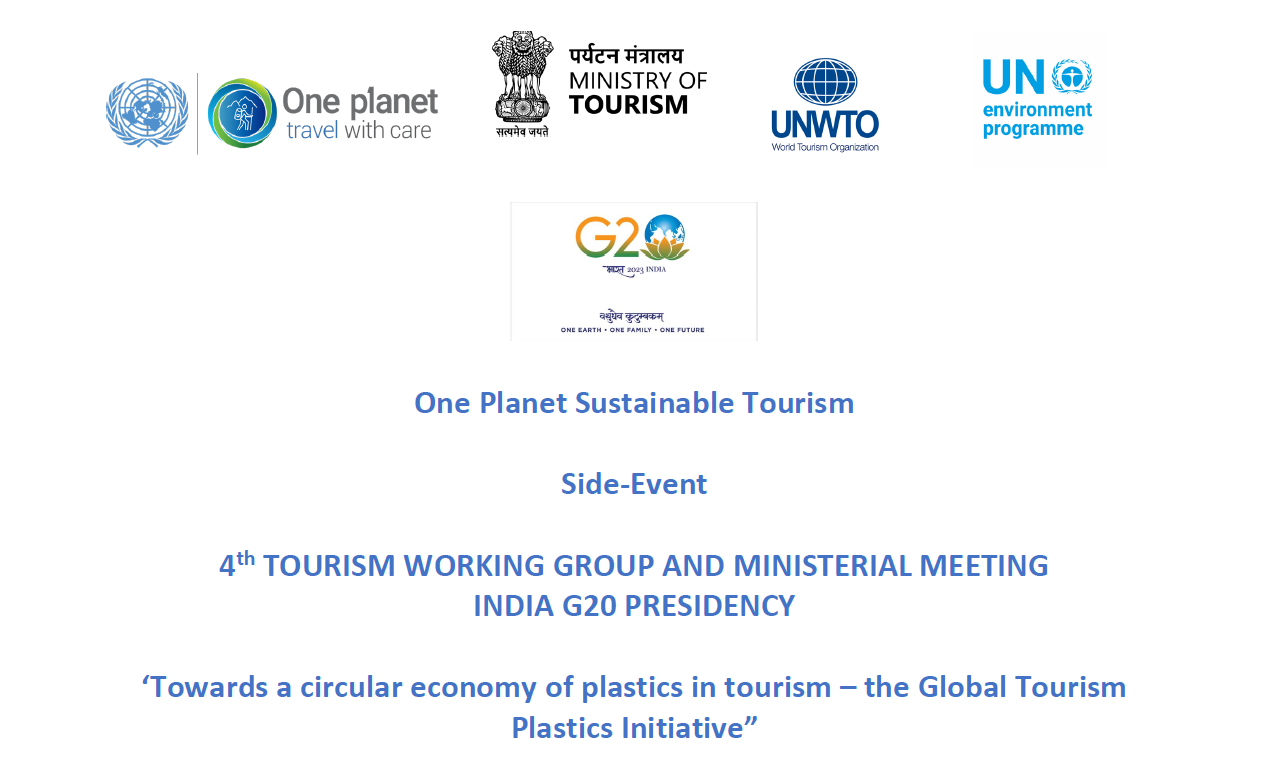OUT OF THE PLASTIC TRAP: SAVING THE MEDITERRANEAN FROM PLASTIC POLLUTION
The Mediterranean Sea, cradle of civilization and centre of extraordinary environmental heritage, is today one of the seas with the highest levels of plastic pollution in the world.
Plastics account for 95% of the waste in the open sea, on the seabed andon beaches across the Mediterranean. This waste comes mainly from Turkey and Spain, followed by Italy, Egypt and France.
Europe is the second largest plastics producer in the world, after China, dumping 150,000-500,000 tonnes of macroplastics and 70,000-130,000 tonnes of microplastics in the sea every year. The majority of these plastics enter the Mediterranean Sea, posing a major threat to marine life.
Large plastic pieces injure, suffocate and often kill marine animals, including protected and endangered species, such as sea turtles. But it is the microplastics, smaller and more insidious fragments that reach record levels in the Mediterranean Sea: the concentration of microplastics is almost four times higher than in the “plastic island” found in the North Pacific Ocean. By entering the food chain, these fragments threaten an increasing number of animal species as well as human health.
Plastics are synthetic compounds made from carbon-based materials; most plastic is derived from oil and other fossil materials, though it can also be made from other sources like cellulose and corn starch. Plastic is widely used because of its durability, but this also makes it dangerous: most plastics are not biodegradable and remain in the environment for hundreds of years.
The root cause of plastic pollution is found in the delays and gaps in plastic waste management in most Mediterranean countries. Out of the 27 million tonnes of plastic waste produced each year in Europe, only a third is recycled; half of all plastic waste in Italy, France and Spain ends up in landfills[2]. Recycled plastics currently account for only 6% of plastics demand in Europe. Key economic sectors in the Mediterranean, especially fisheries and tourism, are negatively impacted by plastic pollution. Marine litter is estimated to cause an annual economic loss of € 61.7 million to the EU fishing fleet because of reduced catch and damage to vessels, while polluted beaches can discourage tourists with consequent job losses in the
sector.
The good news is that it is possible to clean up and protect the
Mediterranean Sea from plastics. But this requires the commitment and collaboration of all: governments, businesses and individuals. In this report, WWF proposes a series of recommendations for actions that institutions, industry and individuals can take to create a plastic-free Mediterranean.
Mediterranean Sea from plastics. But this requires the commitment and collaboration of all: governments, businesses and individuals. In this report, WWF proposes a series of recommendations for actions that institutions, industry and individuals can take to create a plastic-free Mediterranean.


